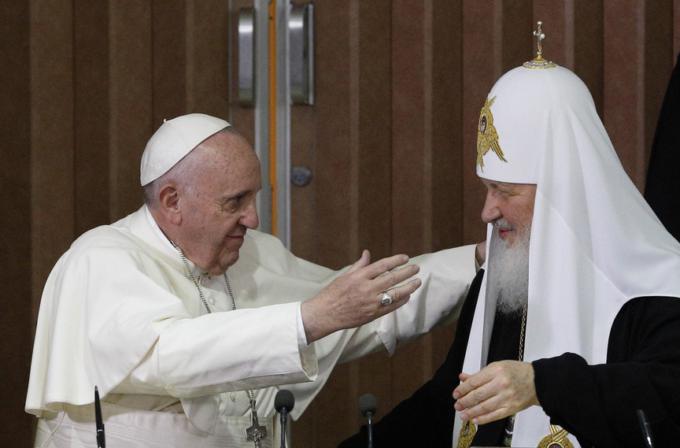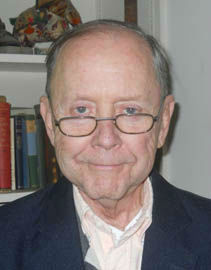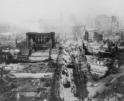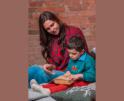
Culture
You get the flavor of the patriarch's bellicose nationalism in his response to the acting general secretary of the World Council of Churches, an Orthodox priest named Ioan Sauca, who wrote Kirill asking him to mediate an end to the war.

Shaw
So there will be no meeting, at least for now, between Pope Francis and Russian Orthodox Patriarch Kirill of Moscow and All Russia. Kirill's support for President Vladimir Putin's brutal war in Ukraine has put it out of reach.
The pope badly wanted this meeting with Kirill, seeing it as a positive next step after his 2016 session with the patriarch in Havana -- an event believed to have had Putin's blessing. The two men did manage to talk via a video call March 16, but except for saying the subject was Ukraine, information about their conversation was sketchy.
You get the flavor of the patriarch's bellicose nationalism in his response to the acting general secretary of the World Council of Churches, an Orthodox priest named Ioan Sauca, who wrote Kirill asking him to mediate an end to the war.
Citing injustices allegedly suffered by Russian-speakers in the breakaway eastern region of Ukraine, Kirill made this Putinesque analysis:
"This tragic conflict has become a part of the largescale geopolitical strategy aimed . . . At weakening Russia. And now the Western leaders are imposing economic sanctions on Russia that will be harmful to everyone. They make their intentions blatantly obvious -- to bring sufferings not only to the Russian political or military leaders but specifically to the Russian people."
And as Russian bombs fell on Ukraine, the patriarch complained that "Russophobia is spreading across the Western world at an unprecedented pace."
The religious situation in Ukraine as in world Orthodoxy generally is undoubtedly complex, while Russia plainly has legitimate security interests there. Putin's personal aspirations and ambitions to be a czar-like champion of Russian Orthodoxy in Russia, Belarus, and Ukraine must also be taken into account in trying to understand the present crisis. Yet Kirill's words, reflecting his well-known personal history of backing Putin, do nothing to lessen the tensions and may in fact make them worse.
Granted all that, however, one can still only hope that an in-depth pope-patriarch meeting does eventually take place not only as a step forward in religious understanding but also as a contribution to world peace.
In the long run, after all, no good purpose will be served by permanently isolating Russia. The sanctions imposed by America and its allies are necessary as a short-term response to the invasion of Ukraine, but they shouldn't become permanent. Rather, the long-term policy goal should be the return of Russia to the community of nations as a peaceful partner.
Putin is another story of course. But trying to break him by breaking Russia is a bad idea. U.S. Deputy Secretary of State Victoria Nuland was surely correct when she told the Senate Foreign Relations Committee that the war in Ukraine will end "when Putin realizes that this adventure has put his own leadership standing at risk, with his own military, with his own people." The patriarch of Moscow and All Russia could help the cause along by making the point to his friend the president.
Looking past this ghastly conflict, the short-term emphasis in the U.S. and other Western countries will most likely be on beefing up military strength, including nuclear weaponry. But beyond that, what the world most needs -- and what the U.S. should take the lead in seeking -- are serious talks, including Russia and China, on mutual security, disarmament (especially in the nuclear sector), and the creation and strengthening of institutions and processes for maintaining peace.
A new Francis-Kirill meeting, when and if one takes place, could be a small but significant step in the right direction.
- Russell Shaw is the author of more than twenty books. He is a consultor of the Pontifical Council for Social Communications and served as communications director for the U.S. Bishops.
Recent articles in the Culture & Events section
-
Boston and the nation respond to the San Francisco Earthquake of 1906Thomas Lester
-
See you in the storyLaura Kelly Fanucci
-
'Dignitas' and the mediaRussell Shaw
-
Scripture Reflection for April 14, 2024, Third Sunday of EasterDeacon Greg Kandra
-
St. Helena's House is established in the South EndThomas Lester


















